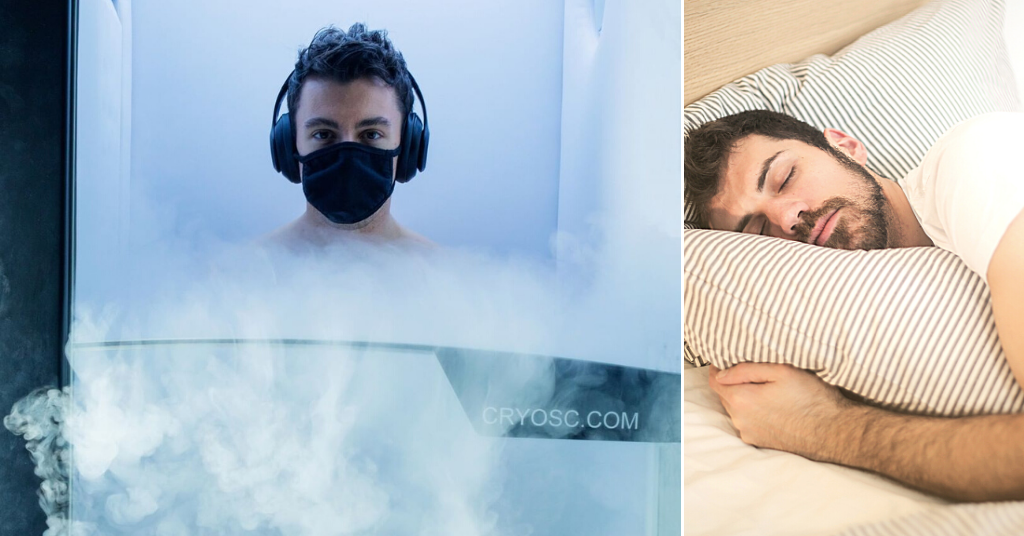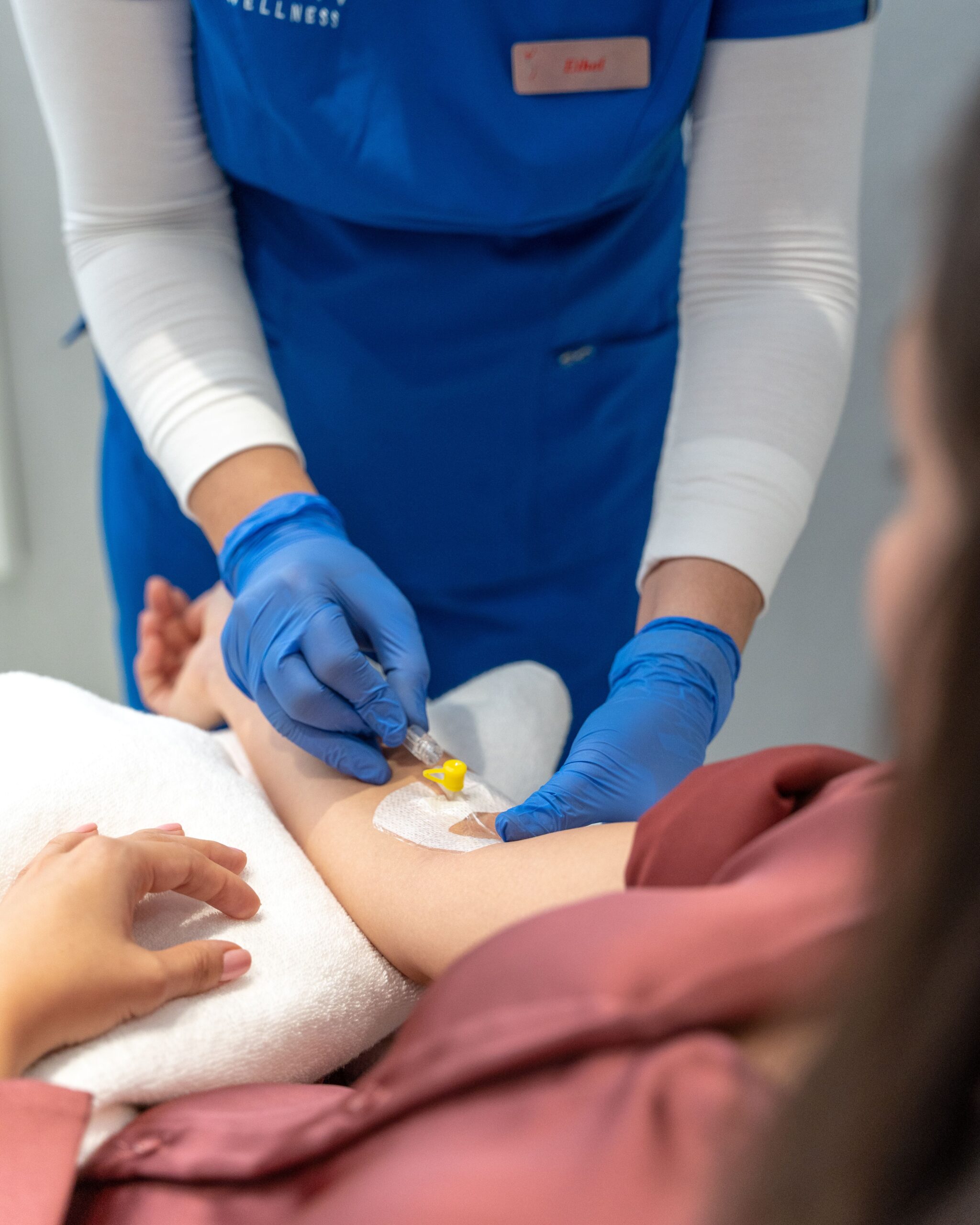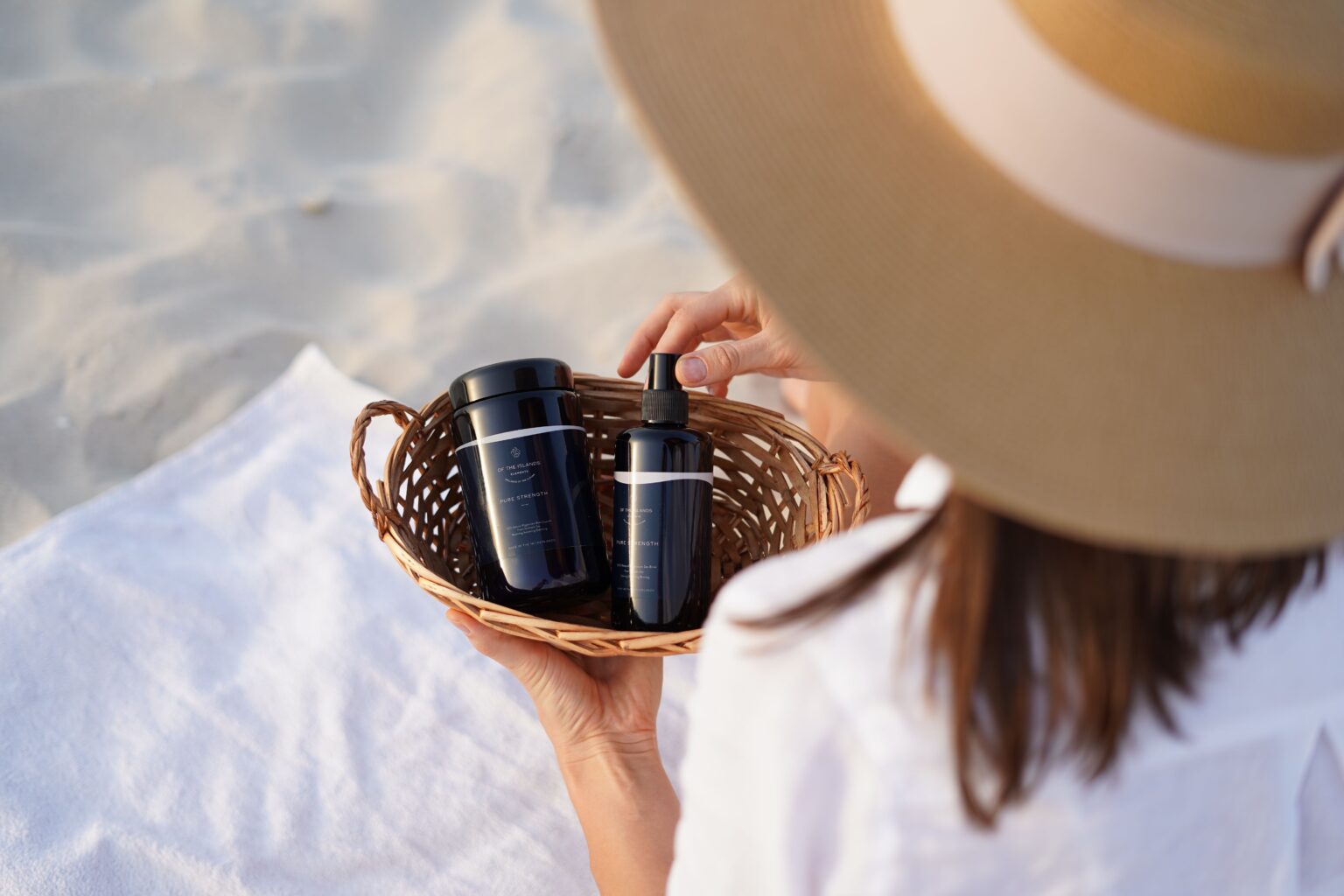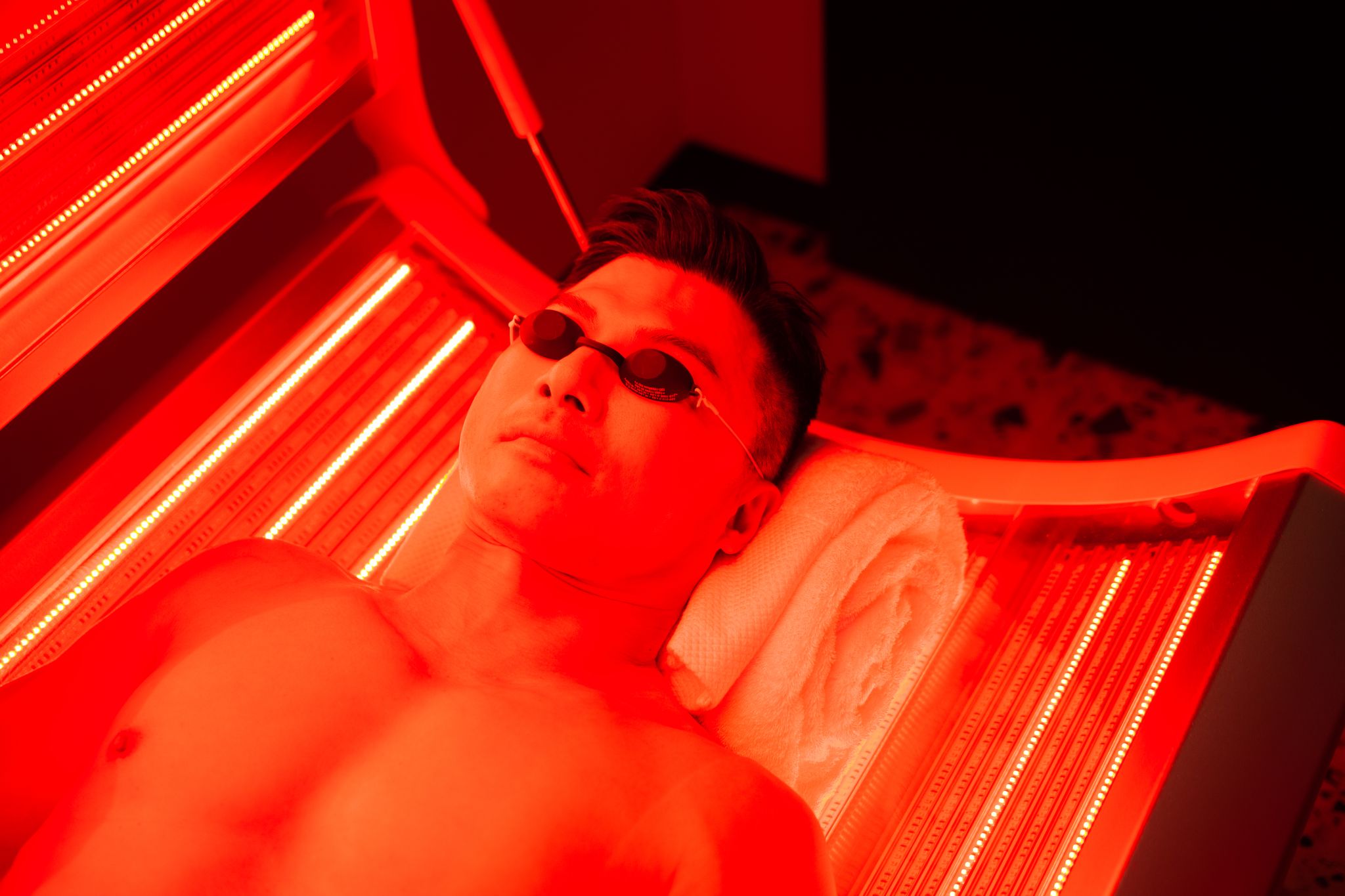How Cryotherapy can Improve your Sleep
Sleep is a crucial indicator of our overall health and well-being. We spend up to one-third of our lives asleep, and the overall state of our “sleep health” remains an essential question throughout our lifespan. Most of us know that getting a good night’s sleep is important, but too few of us actually make those eight or so hours between the sheets a priority. For many of us with sleep debt, we’ve forgotten what “being really, truly rested” feels like.
To further complicate matters, stimulants like coffee and energy drinks, alarm clocks, and external lights—including those from electronic devices—interferes with our “circadian rhythm” or natural sleep/wake cycle. Sleep needs vary across ages and are especially impacted by lifestyle and health.
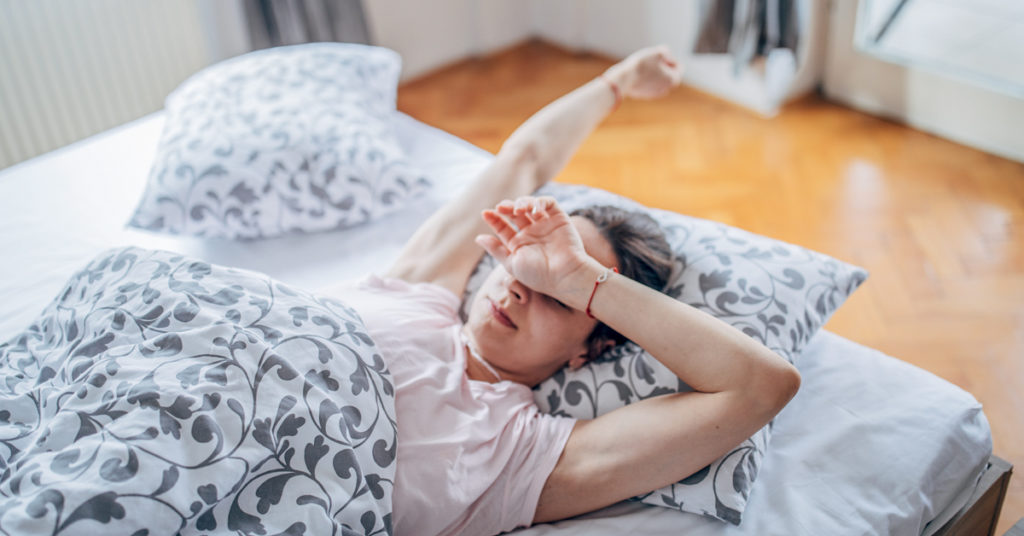
The main effects of sleep deprivation include physical effects (sleepiness, fatigue, hypertension) cognitive impairment (deterioration of performance, attention and motivation; diminishment of mental concentration and intellectual capacity and increase of the likelihood of accidents at work and during driving) and mental health complications. Inadequate rest impairs the ability to think, to handle stress, to maintain a healthy immune system, and to moderate emotions. Maintained total sleep deprivation is fatal in some animal species. The day after a night of abnormal or poor sleep is, whatever the cause, a disturbing day. People can fall asleep at work, at school or when driving; feel tired; have concentration and vigilance detriments; have memory blanks; irritability; frustration; and have a higher probability of accidents or injury (WHO, 1998).
There are many factors that may cause sleep deprivation or insomnia or the difficulty of falling and staying asleep at night. These include stress, poor sleep habits and intake of medications and food containing substances, such as caffeine and nicotine, that can interfere with sleep (Mayo Clinic, 2014).
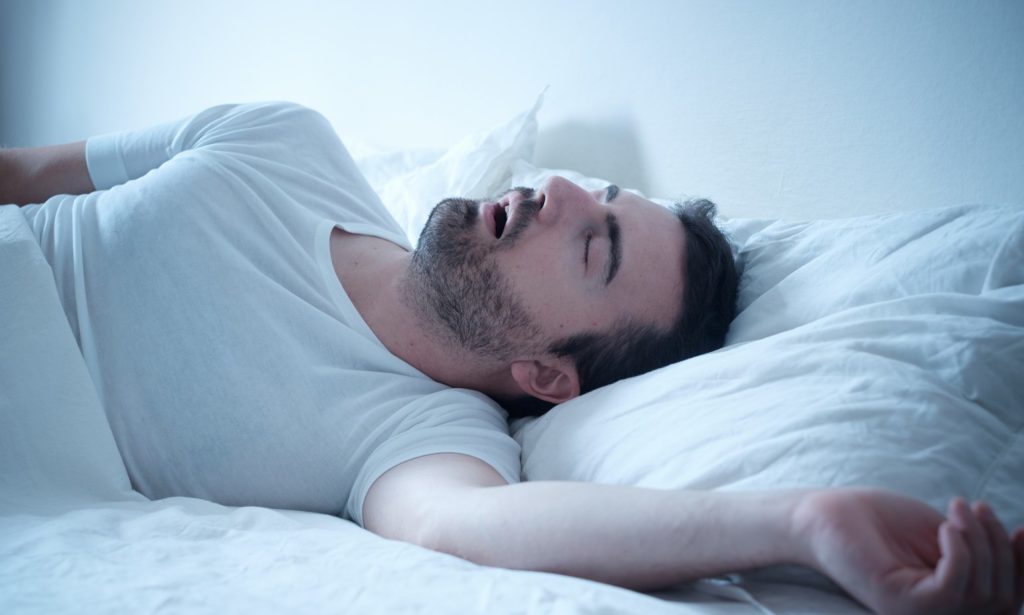
Monoamine neurotransmitters, particularly serotonin derived from tryptophan, play a major role in the regulation of the sleep-wake cycle. Hence, an imbalance in these neurotransmitters can result in the disruption of good sleep (Hurd, 2011).
As shown in the study conducted by Rymaszewska, Ramsey, & Chładzińska-Kiejna, 2008, whole body cryotherapy can help promote sleep among patients with insomnia through the regulation of monoamine neurotransmitters. Many individuals who repeatedly used whole body cryotherapy noted numerous benefits of it. Their mood improves and the quality of sleep had also improved. Scientists have examined this phenomenon and proposed a role of whole-body cryotherapy as a useful adjunct treatment of depressive and anxiety disorders (Rymaszewska,Ramsey & Chł adziń ska-Kiejna 2008).
The use of cryogenically cooled air has found its place as a helpful treatment in complex diseases such as multiple sclerosis. In fact, the positive impact of cryogenically cooled air works for nearly everyone. Whole-body cryotherapy and Localized cryotherapy is our weapon in achieving wellness and adjunct treatment of numerous diseases.
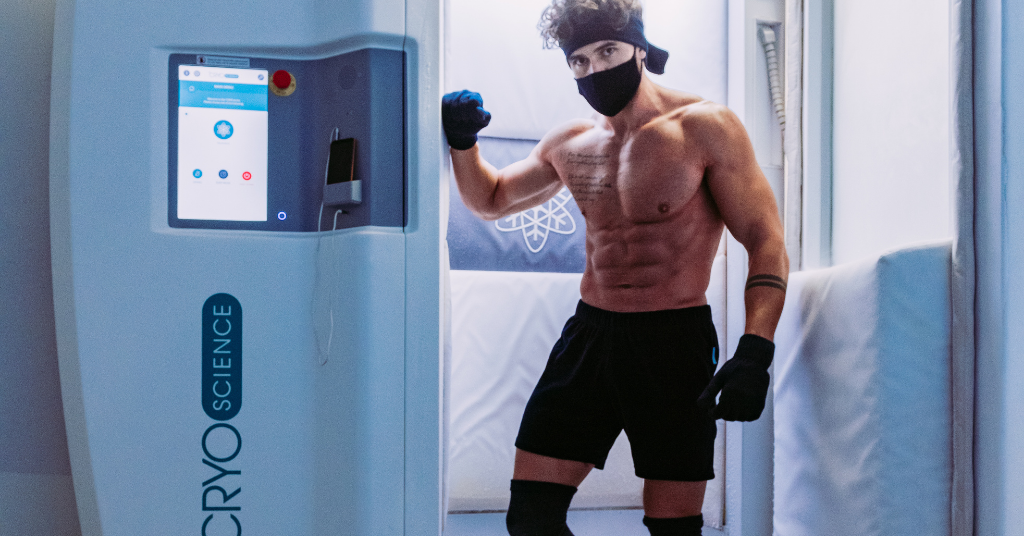
Daily whole-body cryotherapy in 10 top-level female synchronized swimmers (−110°C, 3 min), applied following training sessions, improved athletes’ tolerance to training load by preserving sleep quantity during the period of intensive training before the Olympic Games (Schaal et al., 2015). The effect was evaluated after the athletes had been randomly assigned either WBC or non-WBC supported recovery. Whole-body cryotherapy use had a beneficial effect on sleep duration, limiting sleep latency possibly conditioned by post-exercise parasympathetic reactivation (Schaal et al., 2015).
Visit our location to book a FREE consultation with one of our °CRYO Specialist.
Bibliography:
Schaal K., LE Meur Y., Louis J., Filliard J. R., Hellard P., Casazza G., et al. . (2015). Whole-body cryostimulation limits overreaching in elite synchronized swimmers. Med. Sci. Sports Exerc. https://www.ncbi.nlm.nih.gov/pubmed/25314578
Rymaszewska, J., Ramsey, D., & Chładzińska-Kiejna, S. (2008). Whole-body cryotherapy as adjunct treatment of depressive and anxiety disorders Archivum Immunologiae et Therapia Experimentalis, 63 – 68. https://www.ncbi.nlm.nih.gov/pmc/articles/PMC2734249/
Lubkowska A. (2012). Cryotherapy: Physiological Considerations and Applications to Physical Therapy. Bettany-Saltikov, J.(Ed.) Physical Therapy Perspectives in the 21st Century – Challenges and Possibilities: 155-176.Rijeka: InTech Europe.Available from https://www.intechopen.com/books/physical-therapy-perspectives-in-the-21st-century-challenges-and-possibilities
Rymaszewska J., Ramsey D. & Chł adziń ska-Kiejna S. (2008). Whole-body cryotherapy as adjunct treatment of depressive and anxiety disorders. Archivum Immunologiae et Therapiae Experimentalis (Warsz): 56(1),63-68.Available from: https://www.ncbi.nlm.nih.gov/pmc/articles/PMC2734249/
World health organization (1998) WHO technical meeting on sleep and health http://www.euro.who.int/__data/assets/pdf_file/0008/114101/E84683.pdf
Hurd, R. (2011, March 23). Retrieved August 26, 2016, from Livestrong: https://www.livestrong.com/article/136959-how-does-serotonin-affect-sleep/


